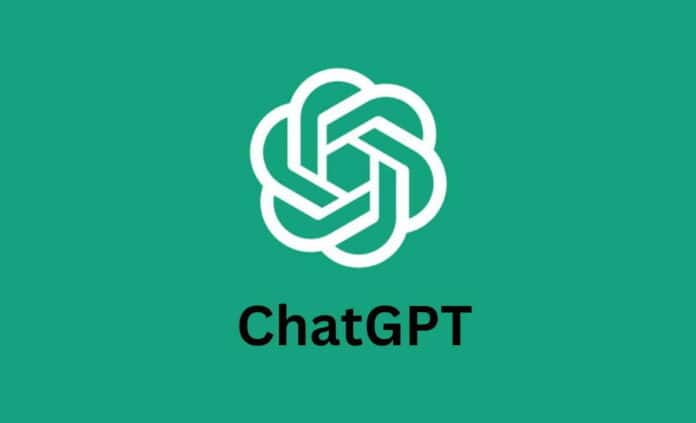Conversational AI has witnessed remarkable advancements in recent years, with ChatGPT and traditional chatbots emerging as popular solutions for businesses. While both aim to enhance customer interactions, they differ significantly in their approaches and capabilities. In this blog post, we will explore the advantages and differences between ChatGPT and traditional chatbots, helping you make an informed decision on which solution is best suited for your specific needs.
Understanding Traditional Chatbots
Traditional chatbots are rule-based systems that follow predefined scripts and patterns. They operate on a set of rules and decision trees, providing predefined responses based on keyword matching or simple heuristics. These chatbots excel at handling basic queries and performing specific tasks with predefined responses, such as retrieving information or processing transactions.
Advantages of Traditional Chatbots:
Task-Specific Efficiency: Traditional chatbots are highly efficient for executing specific tasks or workflows. They excel in scenarios where users require quick and straightforward information or assistance, such as checking order status or making simple reservations.
Predictable Responses: Since traditional chatbots operate based on predefined rules, their responses are consistent and predictable. This can be beneficial in situations where maintaining a consistent brand voice or adhering to specific guidelines is crucial.
Cost-Effectiveness: Implementing a traditional chatbot can be a cost-effective solution for businesses, especially for handling routine and repetitive inquiries, reducing the need for human intervention and support.
Understanding ChatGPT
ChatGPT, on the other hand, leverages the power of advanced language models, such as GPT, to generate human-like responses in conversations. It relies on deep learning techniques and large-scale training data to understand context, generate coherent and contextually relevant replies, and engage users in more dynamic and natural conversations.
Advantages of ChatGPT:
Contextual Understanding: ChatGPT excels in understanding the context of conversations, allowing it to generate more contextually appropriate responses. It can engage in multi-turn conversations, remember previous user inputs, and provide coherent replies based on the conversation’s flow.
Natural Language Processing: ChatGPT incorporates advanced natural language processing techniques, enabling it to handle nuances, understand intent, and respond in a more human-like manner. It can grasp the subtleties of user queries and generate detailed and informative responses.
Flexibility and Adaptability: Unlike traditional chatbots, ChatGPT is not limited to predefined rules or scripts. It has the ability to adapt and learn from user interactions, making it more flexible and capable of handling a wider range of queries and conversation scenarios.
Differences Between ChatGPT and Traditional Chatbots
Training Approach: ChatGPT is trained using large-scale datasets and deep learning techniques, allowing it to learn from vast amounts of text data. Traditional chatbots, on the other hand, rely on predefined rules and patterns and do not possess the same level of language understanding.
Personalization: ChatGPT has the potential for personalization, as it can adapt its responses based on individual user interactions and preferences. Traditional chatbots often provide generic responses and lack the ability to tailor conversations to specific users.
Complexity: ChatGPT is capable of handling more complex and nuanced conversations, while traditional chatbots are more suitable for straightforward and task-specific interactions.
Both ChatGPT and traditional chatbots have their strengths and advantages, depending on the specific requirements of your business. Traditional chatbots excel in task-specific efficiency and predictable responses, making them suitable for routine inquiries. ChatGPT, on the other hand, offers contextual understanding, natural language processing capabilities, and adaptability, enabling more dynamic and engaging conversations.
Book Scott Today
Book Scott to keynote at your next event!
Managing Partner at Astor Perkins, TEDx, Top Global Innovation Keynote Speaker, Forbes, Singularity University, SXSW, IBM Futurist, Tribeca Disruptor Foundation Fellow, National Sloan Fellow, Wiley Author, TechCrunch, Winner of Innovation Awards.


















